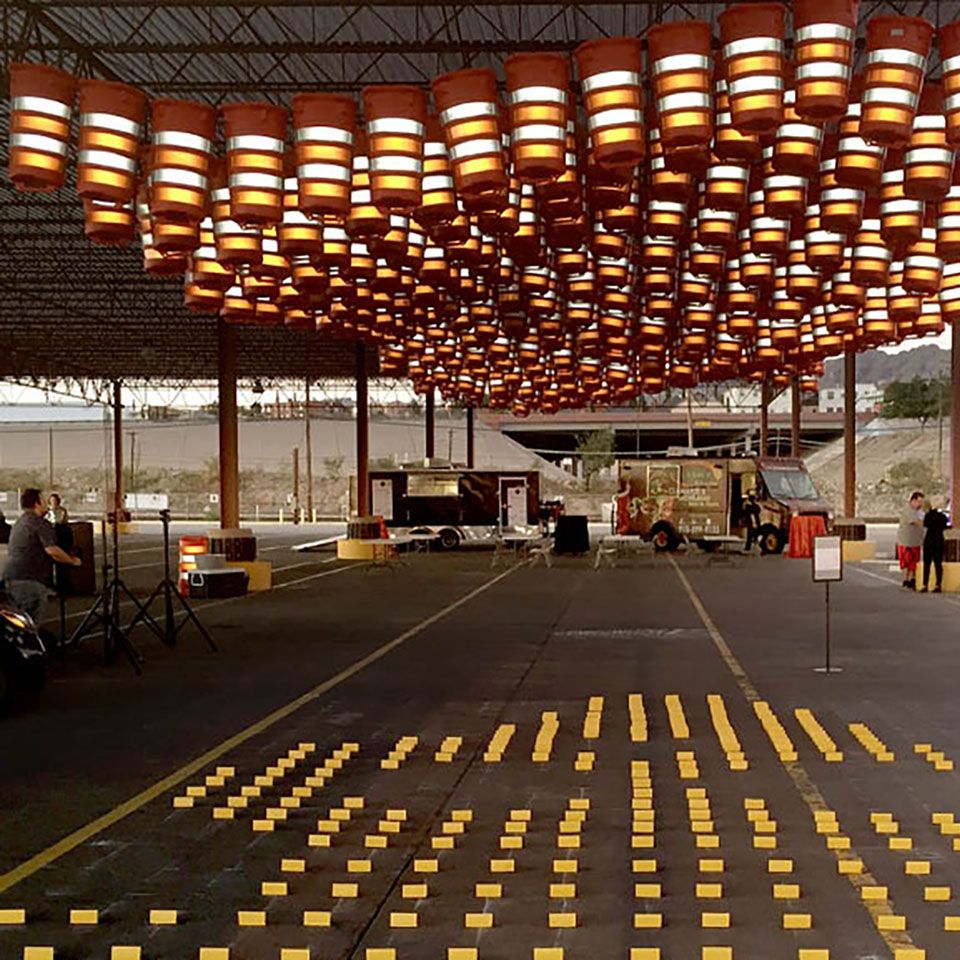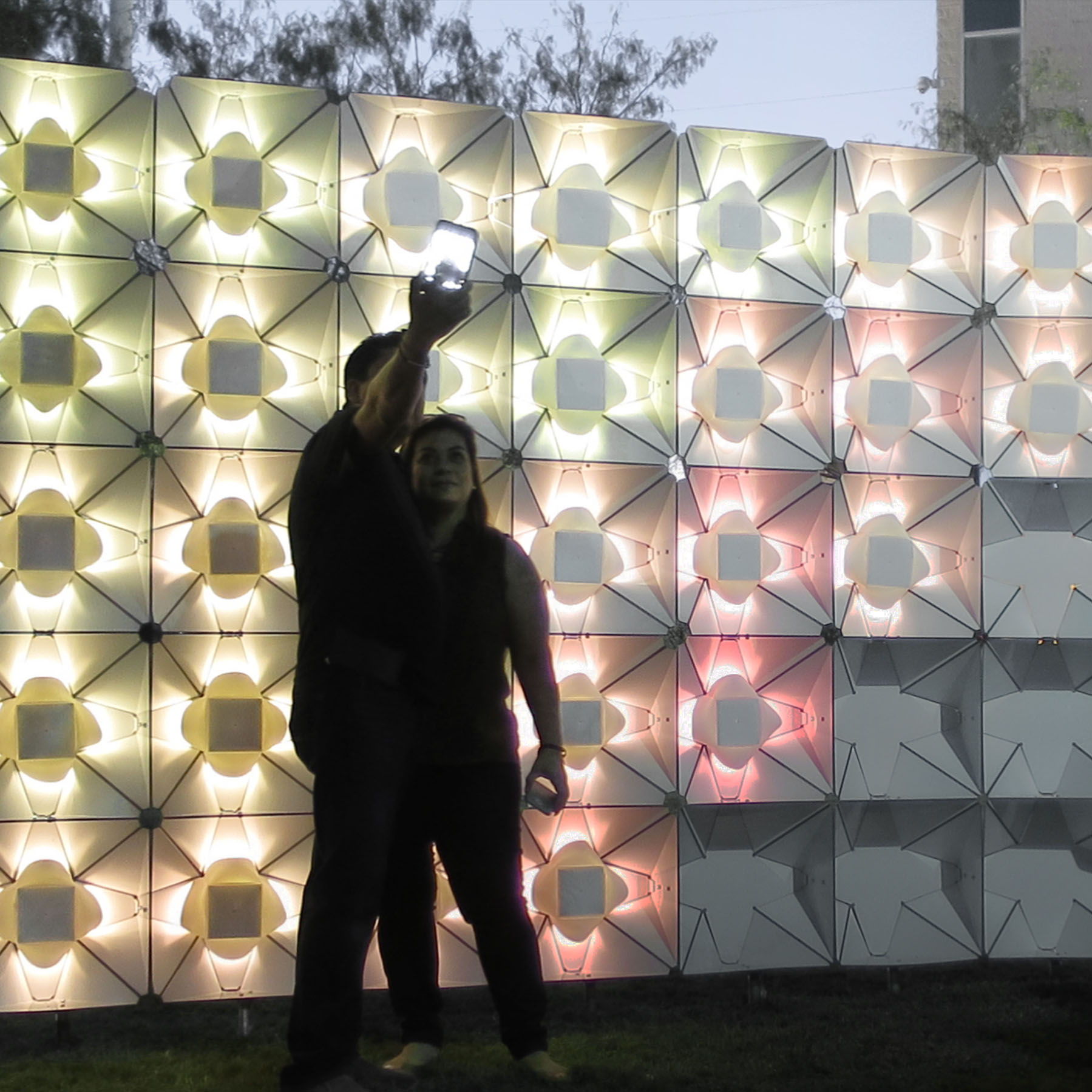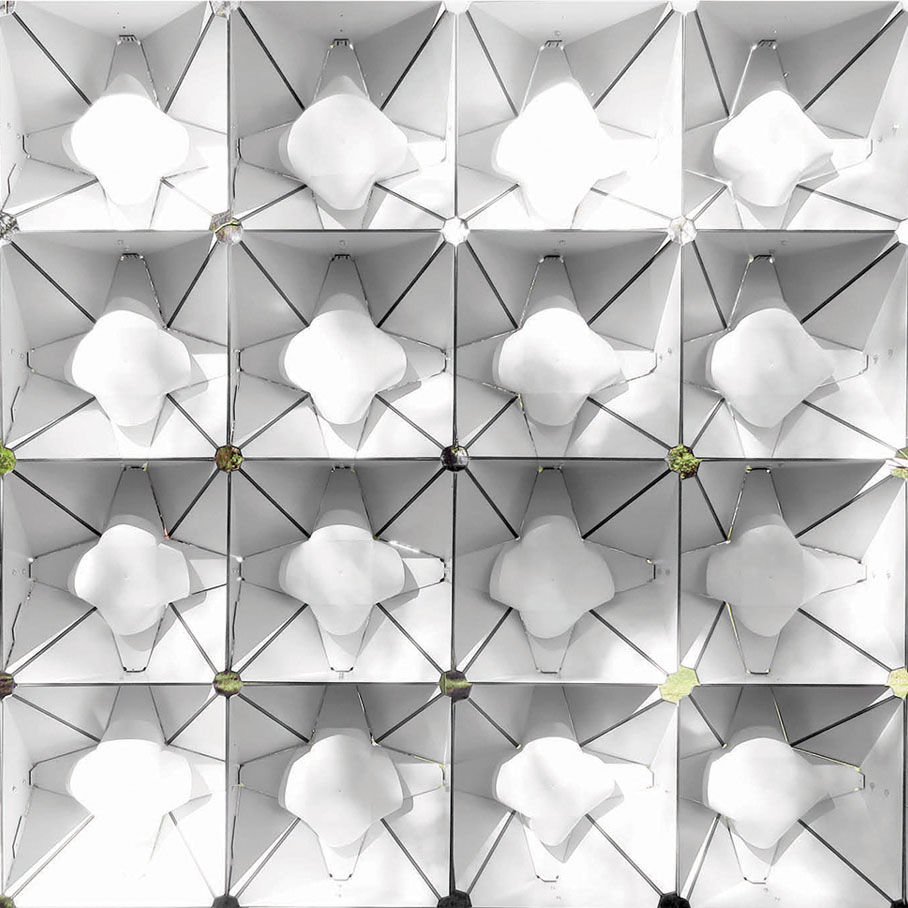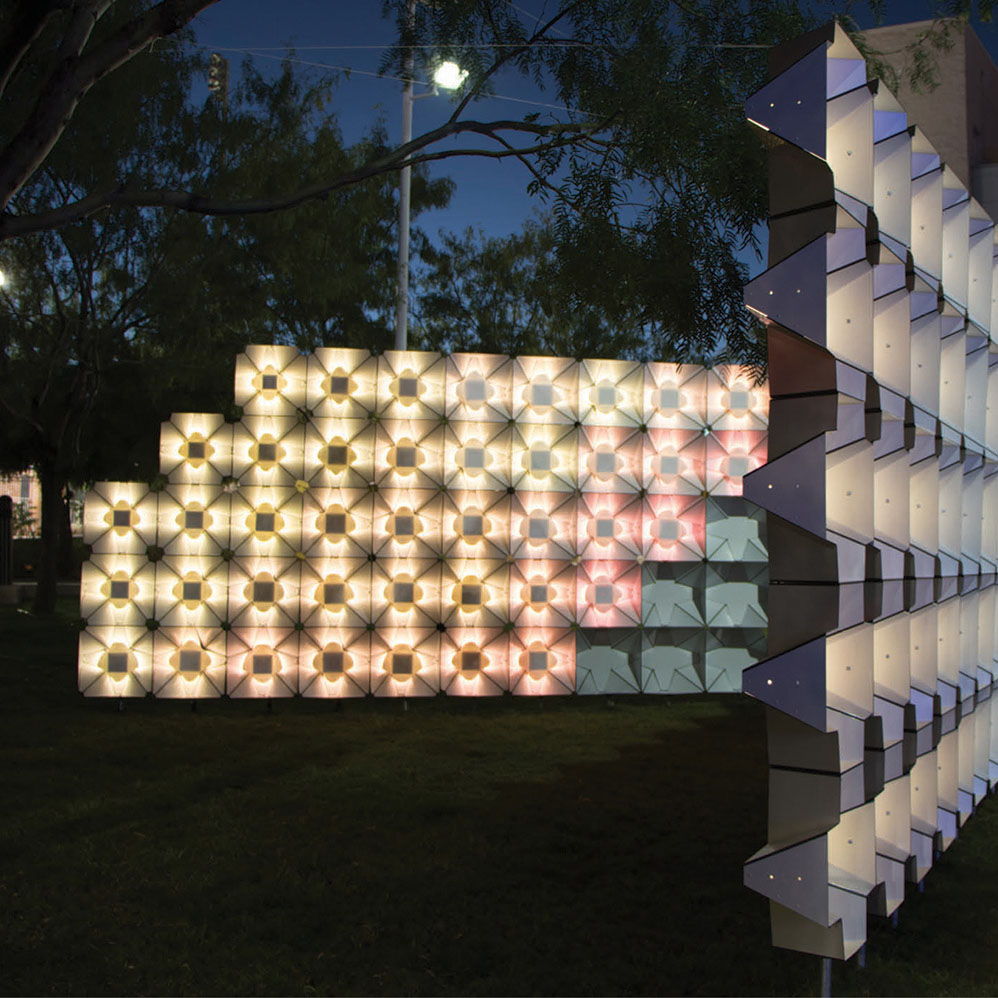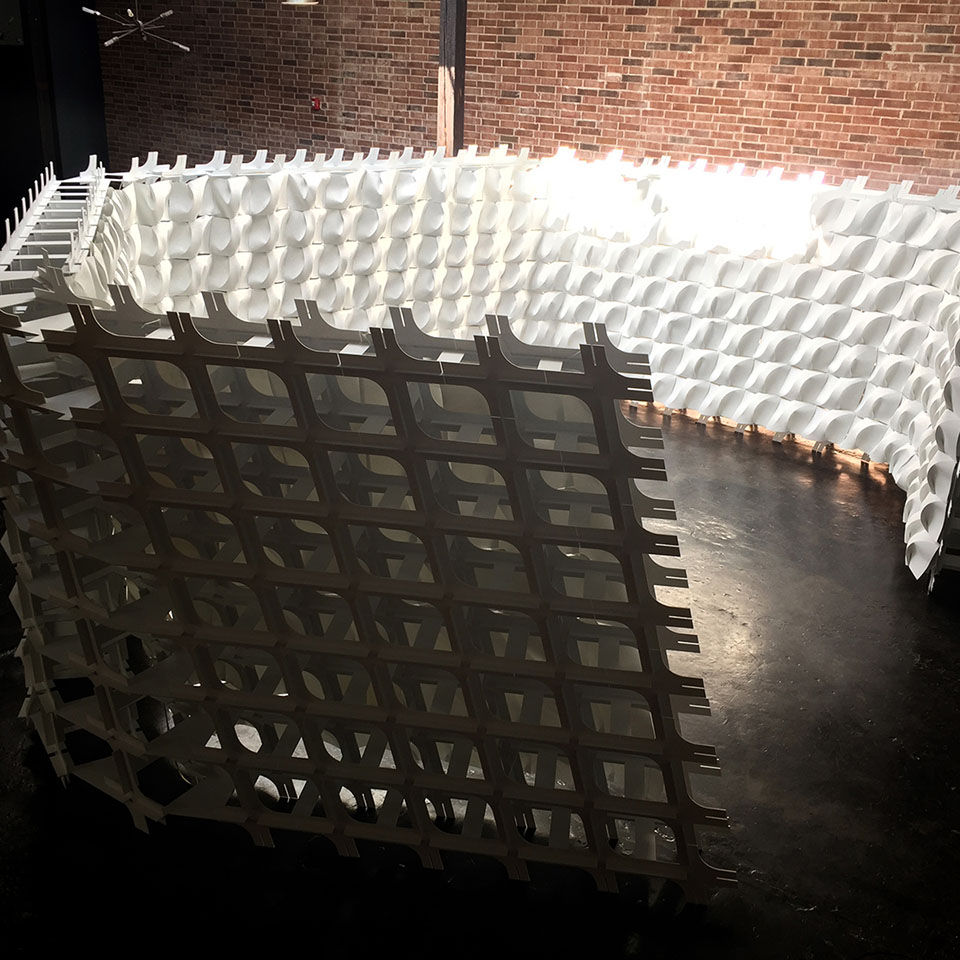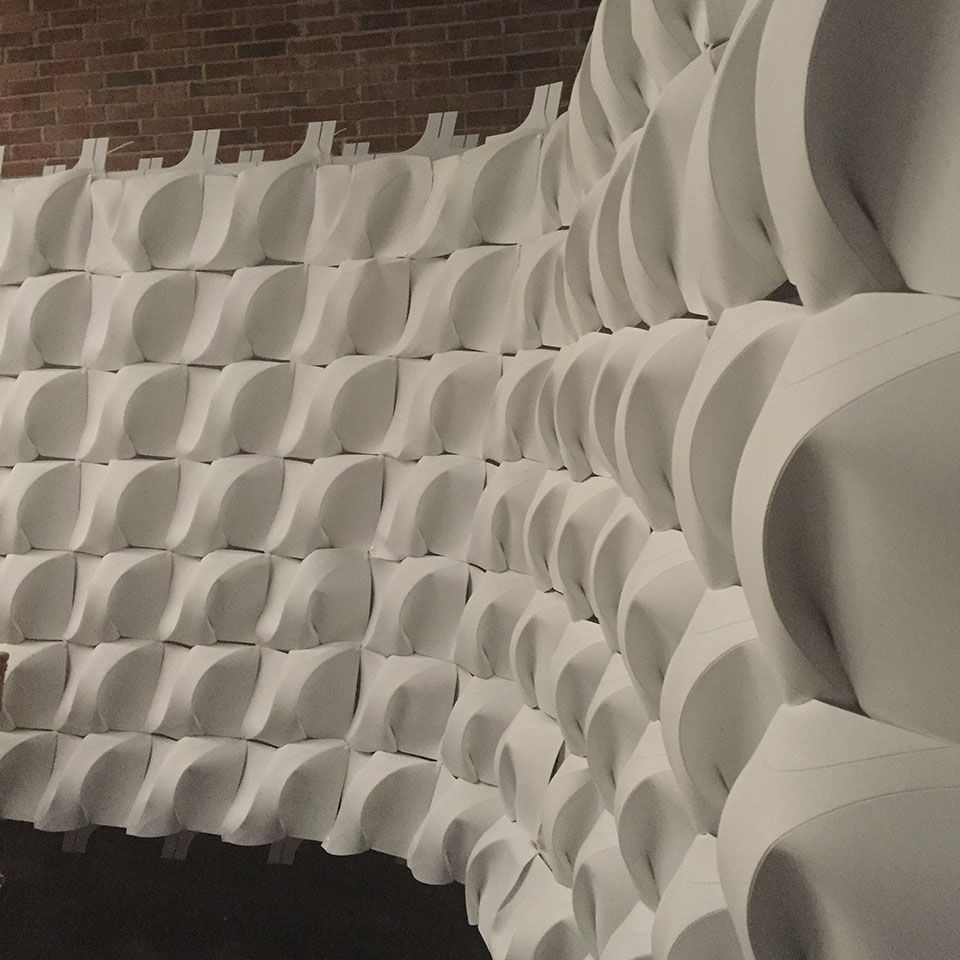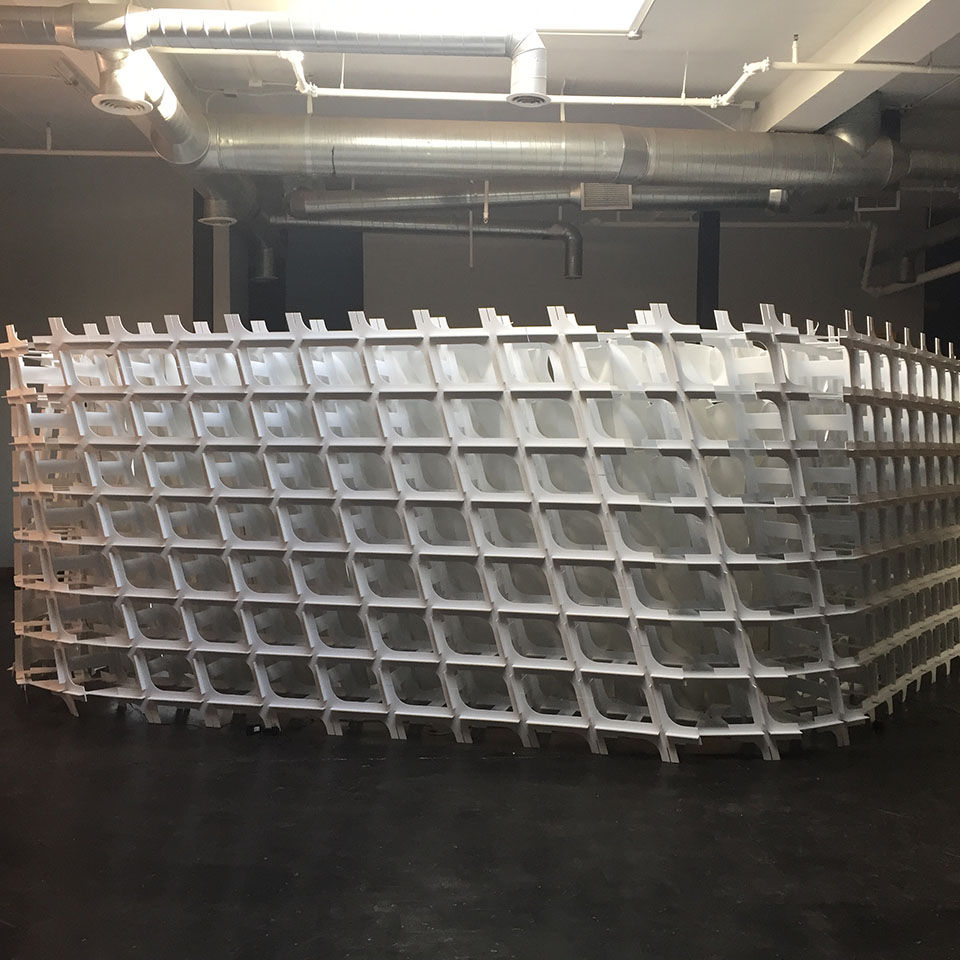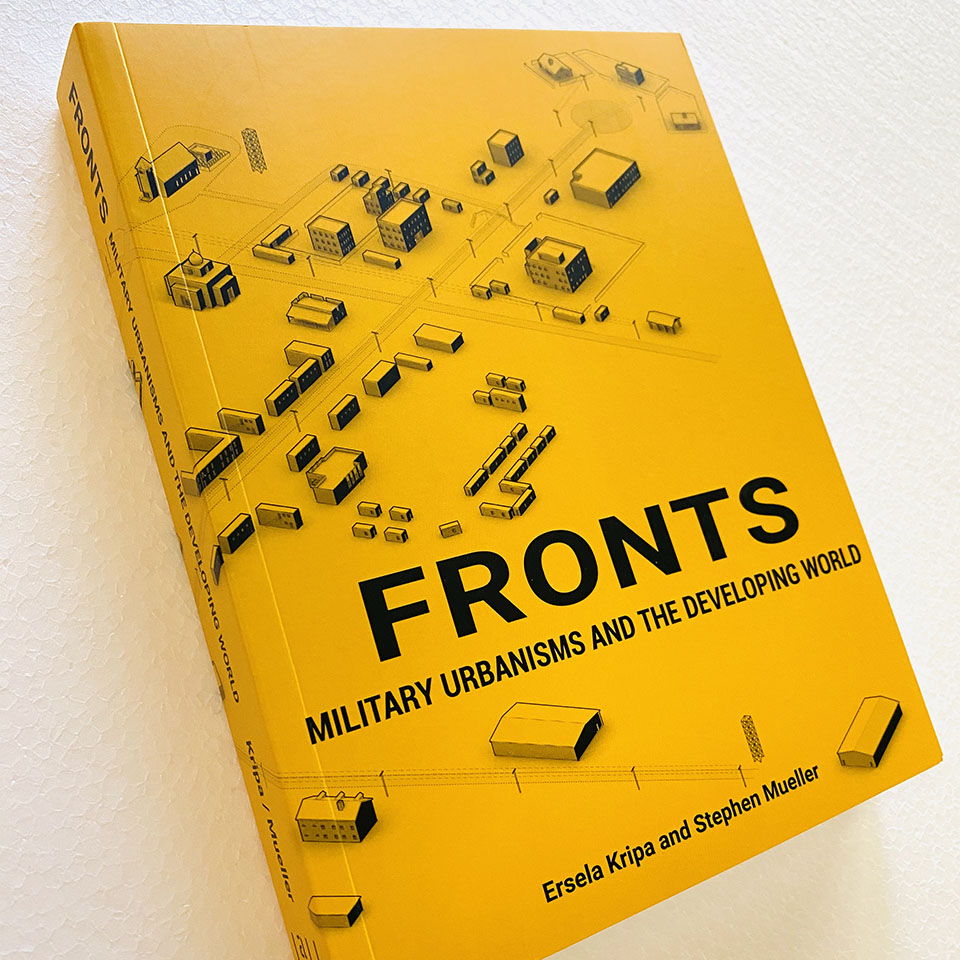Ersela Kripa
Associate Vice Provost for Outreach and Engagement; Director, Huckabee College of Architecture El Paso; Professor
M.S. in Advanced Architectural Design, Columbia University
B. Arch, New Jersey Institute of Technology
Ersela Kripa is a registered architect. Her interests center on hackable infrastructures: research and visualizations that focus on using data to transfer agency to marginalized urban communities by operating where hacker culture meets the city, cataloging, analyzing, and co-opting ways in which citizens intersect with urban systems. Kripa uses design as an empowering tool for agency in public space. Her work is located on the U.S. Mexico border where she maps trans-border shared ecologies, urbanism, infrastructures and exposes binational systems of control that affect human rights.
Ersela is the recipient of the 2010–2011 Rome Prize in Architecture, the 2018 Emerging Voices Award from the Architectural League of New York, two MacDowell Colony fellowships, and the New York Foundation for the Arts fellowship. Ersela's work has been exhibited at the 12th Architectural Venice Biennale, the Hong-Kong Shenzhen Urbanism Biennale, Storefront for Art and Architecture, among others. Her work has been widely published in Scapegoat, MONU, Volume, The Architect's Newspaper, Domus, Texas Architect, and others.
Ersela holds a Master of Science in Advanced Architectural Design from Columbia University Graduate School of Architecture, Planning and Preservation, and a Bachelor of Architecture with Honors from the New Jersey Institute of Technology.
Kripa's recent book, FRONTS: Military Urbanisms and the Developing World (2020), written with her partner Stephen Mueller, uncovers a growing geography of codependence between the global security complex and the urban morphologies of the developing world, which it increasingly incriminates. Military training sites, and the real-world informal environments they replicate, provide a lens through which designers can better understand the shape of the city to come. The book uncovers 500+ of these training sites, collects them into the first publicly available GIS database, and catalogs them into specific typologies that relate to cities of the global south where conflict is shaping urban environments. The contention of the book is that, by simulating and training in brick and mortar urban environments, the military is inherently criminalizing specific morphologies and contexts, and by proxy cultures of urbanization.
Contact
ersela.kripa@ttu.edu
806.834.6261
Room 112 (El Paso)
Office Hours: By appointment
Huckabee College of Architecture
-
Address
Texas Tech University, 1800 Flint Avenue, Lubbock, TX 79409 -
Phone
806.742.3136 -
Email
architecture@ttu.edu

